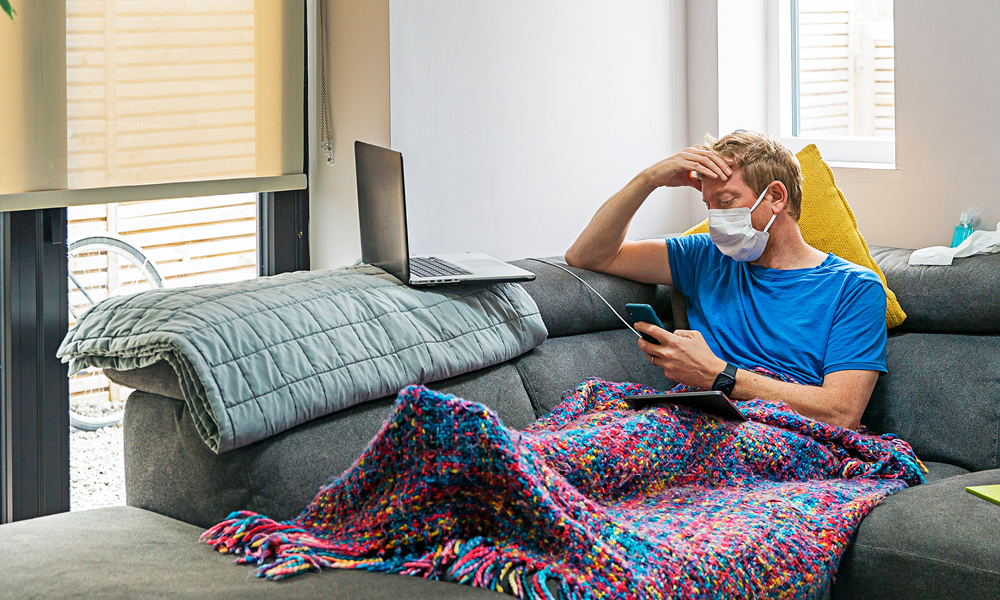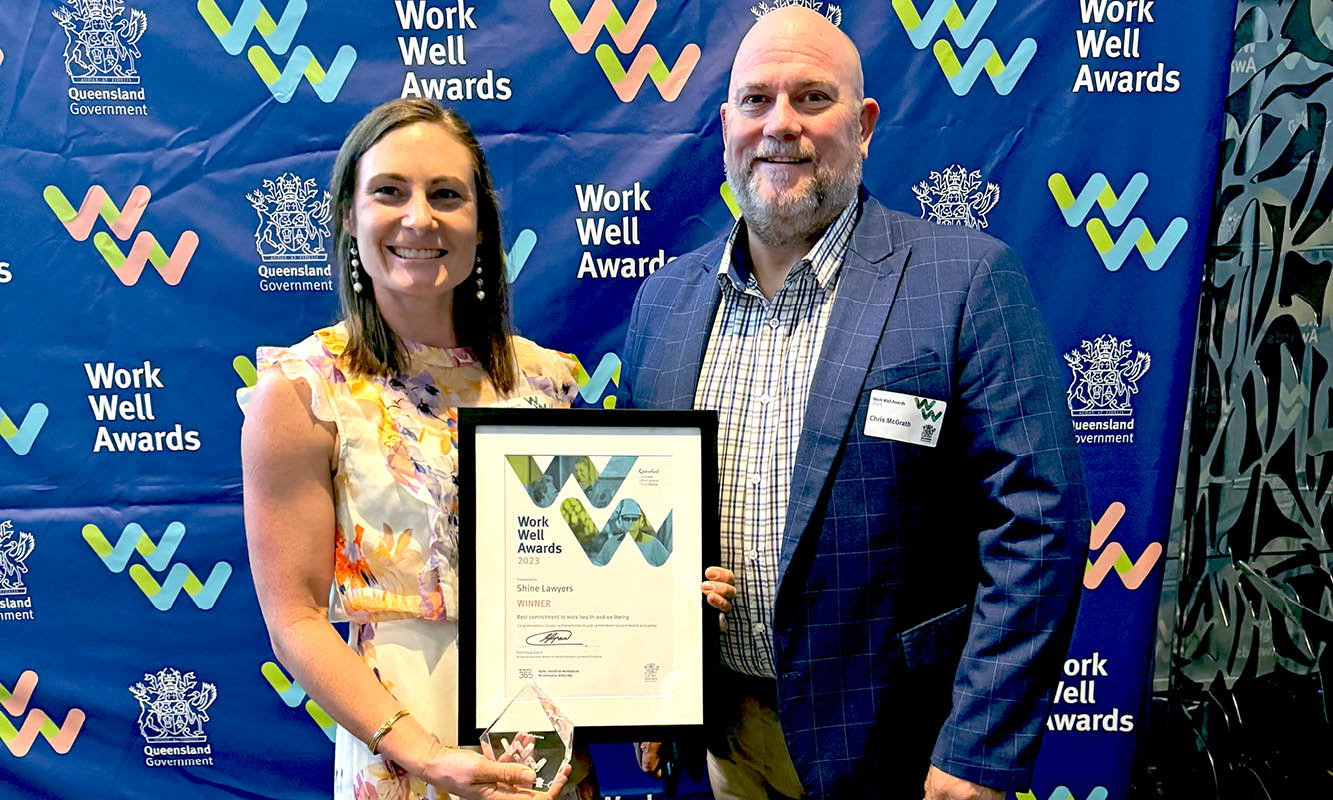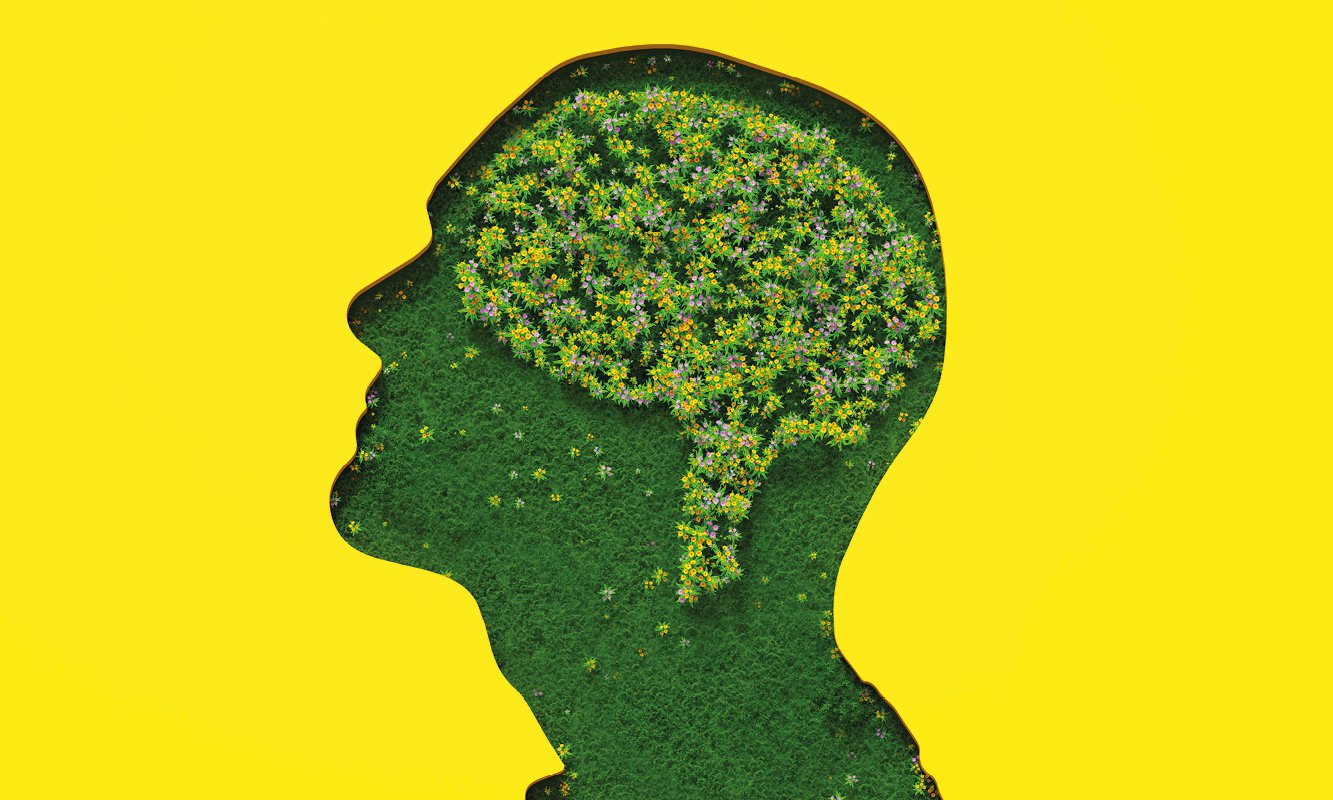We are all currently living and working in uncertain times. Anxiety and fear are expected and normal emotional reactions as we navigate, both personally and professionally, the COVID-19 situation.
However, it is important to remember that unchecked fear will not change the course of the coronavirus, nor will it keep your loved ones safe. Instead, worry and rumination can be paralysing and reduce our ability to proactively and rationally respond to the issues we are all facing. Fear depletes your energy and takes your attention away from the things you can control.
Here are some helpful strategies to get out of fear-mode and protect your ability to respond calmly and constructively to the challenges ahead:
- Connect with others. Loneliness is caused by a lack of meaningful connection – which is not the same as physical closeness (remember that it is possible to feel lonely in a room full of people). Consider joining a local group on social media, slide a motivating note under your neighbour’s door or offer to do the shopping for them, video chat your colleagues to have morning tea together (while getting a glimpse of each other’s living rooms!), or organise a movie night with friends where you watch the same film or show at the same time (Netflix Party) so you can share your views and opinions via real-time messaging … be creative and find new ways to use technology.
- Break out of unhelpful thought patterns. It is easy to get trapped in a negative mental loop: worrying about potential long-term consequences of the current pandemic, your family’s health, your job’s future security or potential perceptions of unproductivity working from home. It’s hard to accept and adapt to uncertainty, but getting lost in fearful rumination will not help: it undermines your resilience, reduces the quality of your decisions and reduces the effectiveness of your actions. Keep checking in with yourself and try to identify negative thinking patterns such as catastrophising or emotional reasoning. If you notice you are stuck in automatic thinking patterns, use “interruption” behaviours to break the cycle, like focusing on the rising and falling of your breath for ten seconds, changing what you’re looking at, or stretching your body.
- Keep perspective. As we are exposed to a constant flood of information and new developments – a lot of it scary, confusing and amplifying the uncertainty – refocussing on the big picture is necessary. Focus on the people and things in your life that help you cope and get through current difficulties. If you have food on your table, a roof over your head, and family and friends for mutual care and support, you are in a good spot to face challenges ahead. Remember that this is not the first infectious disease outbreak that the world is going through, and that scientists all over the world are relentlessly working on finding a cure.
- Remember who you are. Stay in touch with your values, the things that matter most to you, and the kind of person you want to be. Don’t let anxiety, doubt or suspicion drive your interactions with others. We are all in this together! Ask yourself if your actions are serving you and the person you want to be. Refrain from shaming and blaming particular groups or individuals for the COVID-19 outbreak in your community or country. Remember that recent developments are far too complex for simple answers. Fear and suspicion, like other emotions, are contagious. Focus on spreading kindness and love instead. A simple smile can make all the difference to someone in need of connection – and it will make you feel better, too.
- Prioritise self-care and be kind to yourself. There is never a time when self-care and self-compassion are not important – but now they are absolutely critical. Do the things that you know are good for you and that bring you joy. Now is the time to curl up with a good book, engage in regular mindfulness practice, continue some exercise, show kindness to others, cook a special meal or invent a new recipe, dance and sing along to your favourite songs, join an online yoga class… Also, don’t be angry or frustrated with yourself for the moments you may get caught up in fear or negativity. Instead, tell yourself how well you are coping with a situation that is testing everyone’s abilities.
- Help your children to navigate their own emotions in the current situation:
- Have regular conversations. Take time to talk with your children about the COVID-19 pandemic and how you need to respond. Answer their questions and share facts in an age-appropriate way.
- Acknowledge their feelings. Take their concerns seriously and let them know it is ok if they feel upset. Tell them you are there for them.
- Limit your family’s exposure to news coverage and social media. Hours of news consumption doesn’t necessarily equal more insight and knowledge, but is likely to increase feelings of distress and anxiety. Keep in mind that children may misinterpret what they hear and can be frightened about something they do not understand.
- Develop a new routine to help create a sense of security and predictability. If your children are not going to school, create a schedule for learning activities, play time, child-appropriate jobs around the house and relaxation.
- Be a role model. Your children turn to you to see how they should behave. Share with them how you deal with your own stress so that they can learn how to cope constructively. And if possible, try not to always show your concerns and anxieties, as children will emulate your views and reactions.
If you would like to learn more, don’t hesitate to reach out to the QLS Solicitor Support service on ethics@qls.com.au or p. 3842 5843 to speak to someone in a judgement-free and supportive environment.
Rebecca Niebler is QLS’s Organisational Culture and Support Officer, QLS Solicitor Support (QLS Ethics and Practice Centre)
31 March 2020














Share this article